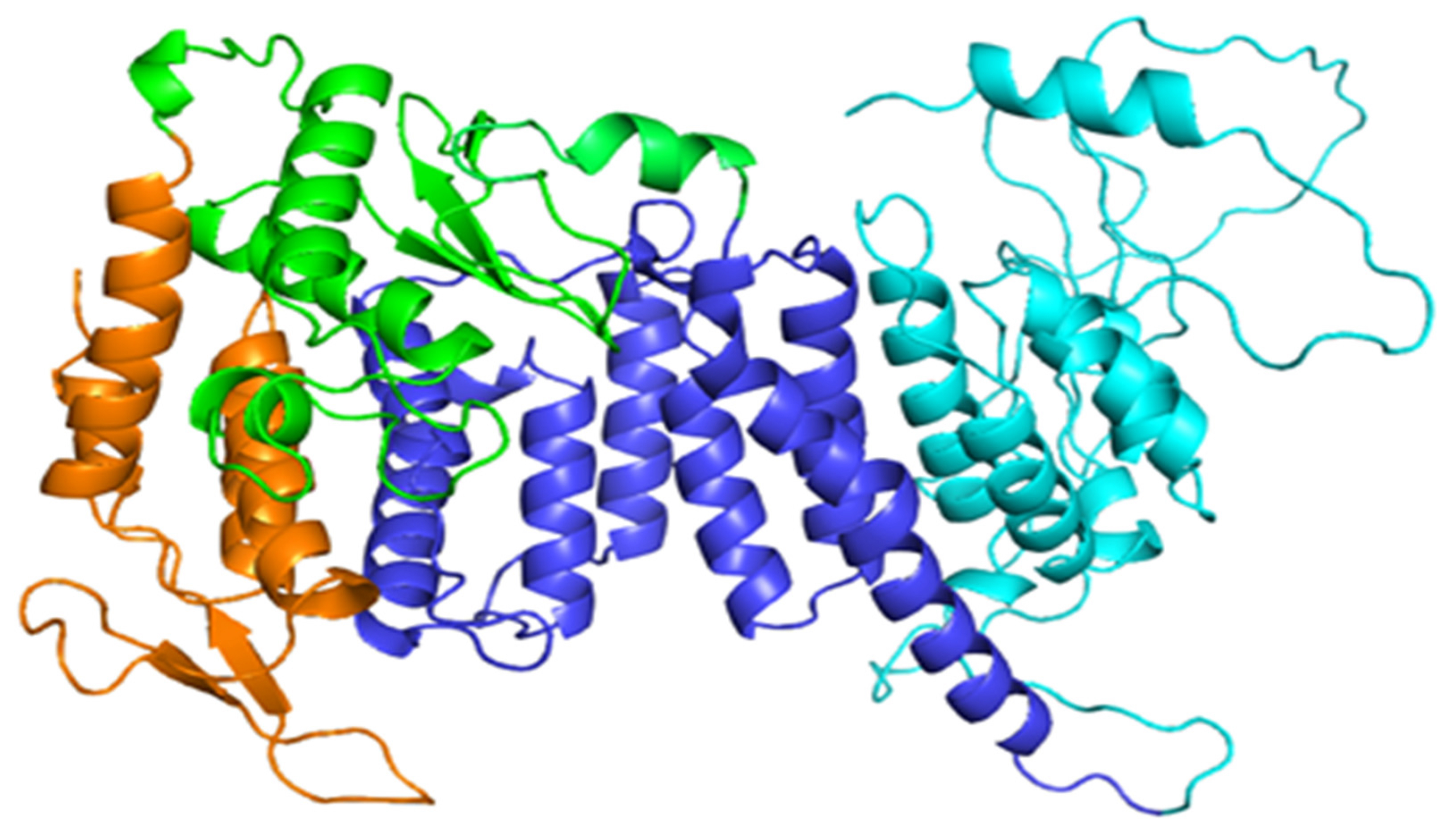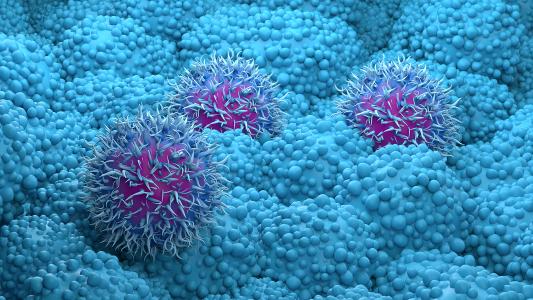With the passage of time, our body’s repair systems break down; nasty glitches accumulate in our DNA and proteins, metabolism stutters, and cells stop dividing.
We are all on a slippery slope to the grave, but research in worms, flies, mice, and monkeys shows that there is nothing inevitable about how fast we slide. Dietary and lifestyle changes – and, perhaps, anti-aging drugs – can slow aging and boost our span of healthy years.
A new discovery suggests that a protein in the brain may be a switch for controlling inflammation and, with it, a host of symptoms of aging. If scientists can figure out how to safely target it in humans, it could slow down the aging process.
A protein in the brain may be a switch for controlling inflammation and a host of symptoms of aging.
The inflamed brain: One promising technique to combat aging is reducing inflammation. Many diseases of old age are associated with chronic, low-level inflammation in the brain, organs, joints, and circulatory system — sometimes called “inflammageing.”
Inflammation in a part of the brain called the ventromedial hypothalamus, or VMH, seems to play a particularly important role in promoting aging throughout the body. That may be because the VMH has a wide range of functions, including control of appetite, body temperature, and glucose metabolism.
For the first time, research in mice has discovered that a protein in VMH cells acts like a brake pedal to reduce inflammation and slow the pace of aging.
High levels of the protein, called Menin, protected the mice against thinning skin, declining bone mass, and failing memory, whereas low levels accelerated aging. This may be because Menin is a “scaffold protein,” which regulates the activity of multiple enzymes and genes involved in inflammation and metabolism.
“We speculate that the decline of Menin expression in the hypothalamus with age may be one of the driving factors of aging, and Menin may be the key protein connecting the genetic, inflammatory, and metabolic factors of aging,” explained lead researcher Lige Leng from the Institute of Neuroscience at Xiamen University in China.

Previous research by Leng and his colleagues had revealed that Menin in the brains of mice inhibited inflammation that was associated with depression-like behaviors in the animals.
Intriguingly, they found that Menin promoted the production of a neurotransmitter called D-serine, which in turn helped to slow cognitive decline. D-serine is an amino acid that can be taken as a dietary supplement and is also found naturally in soybeans, eggs, and fish.
“D-serine is a potentially promising therapeutic for cognitive decline,” Leng speculated.
The experiment: In the new study, the scientists established that the concentration of Menin in nerves within the VMH area of the brain also declined in lockstep with increasing age.
To explore further, they created “conditional knockout” mice, allowing them to switch off the gene that makes Menin in the VMH, while keeping it switched on everywhere else in the body.
When they turned off Menin production in the VMH of middle-aged mice, this led to multiple signs of premature aging. For example, compared with control animals, these mice had more inflammation, reduced bone mass, and thinner skin. They also performed worse on cognitive tests and had a shorter lifespan.
Conversely, when the scientists restored Menin production in the VMH of aged mice, this not only reduced inflammation but also improved their learning and memory, skin thickness, and bone mass. These animals also lived longer.
The improvements correlated with a boost in the concentration of D-serine in their hippocampus, a brain region that is crucial for learning and memory.
When the researchers gave aged mice supplemental D-serine for 3 weeks, the supplement appeared to reverse some of their cognitive decline, although other signs of aging were unaffected.
The idea that chronic, low-level inflammation in the hypothalamus drives aging is not new. In 2013, a different group of researchers revealed that they could slow aging in mice — and increase their lifespan — by inhibiting certain inflammatory immune molecules in the hypothalamus.
Following their discovery, Dongsheng Cai and his colleagues at the Albert Einstein College of Medicine in New York speculated that suppressing inflammation in the hypothalamus could optimize lifespan and combat age-related disease.
Cai told Freethink that the new study identifying Menin as a key player in this process was “interesting and novel.”
“Menin is known for being anti-inflammatory,” said Cai, who was not involved in the new research, “and this study found its physiological significance in hypothalamic control of aging.”
However, Cai said the role of “hypothalamic microinflammation” in aging was subtle, complex and dynamic, so it remained unclear how best to target it in humans.
“Whether Menin could represent an applicable target remains to be investigated,” he said.
It’s worth noting that aging involves a buildup of “senescent cells” – cells that have stopped dividing and reproducing – and at the same time a breakdown in the body’s ability to clear them away. Tellingly, senescent cells churn out molecules that promote chronic inflammation.
What we can do now: On the plus side, there is abundant evidence from studies in nematode worms, fruit flies, rodents, and monkeys that severe restriction of calorie intake – without skimping on essential nutrients – can combat age-related disease and increase lifespan in these animals by revitalizing the body’s repair systems.
Unfortunately, for humans, severe caloric restriction causes side effects, such as perpetual hunger, lack of energy, and reduced libido. However, a recent trial found that more moderate reductions in calorie intake can provide some improvements in signs of aging without as many of these downsides.
Intermittent fasting and time-restricted feeding also aim to reproduce the benefits of caloric restriction, in particular weight loss. But it remains to be seen whether such diets are safe and effective in the long term.
Drugs such as rapamycin, metformin, and resveratrol, which mimic some of the metabolic effects of calorie restriction, look like promising candidates for reducing age-related disease and extending lifespan. However, their long-term safety and efficacy for otherwise healthy people remains to be established.
Quenching inflammation seems to be the common denominator behind the efficacy of calorie restriction and anti-aging drugs.
For those with an aversion to strict diets and unproven anti-aging drugs, however, there are simpler ways to combat inflammation, such as exercise. Research suggests that eating less saturated fat and more polyunsaturated fat can also minimize chronic inflammation in the hypothalamus.
We’d love to hear from you! If you have a comment about this article or if you have a tip for a future Freethink story, please email us at [email protected].






